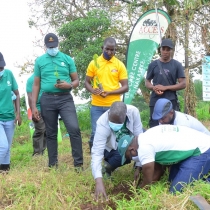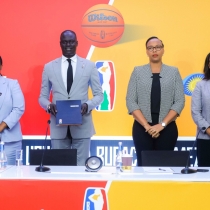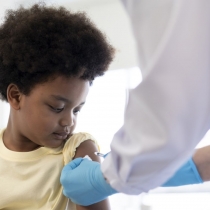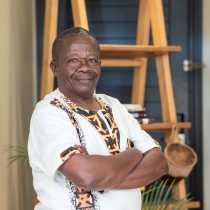
Rainbow International School Redesigns the Teaching-Learning Process to Produce World-class Learners
When Covid-19 broke out in Uganda in March of last year, over 15 million learners had to take a break from school.
Schools that were innovative came up with means to facilitate remote learning, but the vast majority of pupils and students couldn’t continue with formal education.
Rainbow International School Uganda (RISU) is one the schools that have not only managed to adopt online learning, it is also redesigning its teaching process so learners can acquire knowledge that will help them excel both academically and in personal development.
In a video posted on the school’s YouTube channel, Douglas Kasule, a drama subject coordinator, says they have “opted to make changes which we believe give more skills to the students.”
As people stayed at home due to lockdowns imposed to limit the spread of the virus, the need for digital content to stave off the boredom emerged and content creators are now making a killing on platforms like YouTube, TikTok, Instagram, Snapchat, etc.
Charli D'Amelio, the most followed person on TikTok, with over 124 million followers, is just 17 years old.
"So, don't you think that your child having skills that drive them into that direction is a good thing?” Kasule asks. “We want to produce children who are confident enough to create their own content."
At RISU, Year 9 learners are involved in video production, with a focus on filming, creating documentaries, TV shows, and so on.
"In drama, we learn about how to film and how we can act," says Elisa Mbazzi, a Year 9 student. Rainbow is one of the schools in over 90 countries that have adopted the International Primary Curriculum (IPC), which was developed to nurture “globally competent learners”.
In this curriculum, parents are also more involved in the learning process of the child.
“Assessment is carried out by teachers and children to help engage them with learning, and understand their level of skills and knowledge,” reads a statement defending its development.
Fiona Musoke, a Year 6 class teacher, says on top of academic excellence, their teaching process also focuses on personal and emotional development.
"In addition to the academic excellence that we push for, we want the children to develop... emotionally... so that they become more independent learners. So, a key buzzword in Year 6 is Personal Responsibility," she says.
"We want the children to take responsibility for their learning, for their belongings and for their own progress.”
Founded in 1991 as a primary school with 29 pupils, the school can now accommodate over 800 learners, including those in secondary school.
They enroll learners from across the world and their facilities allow them to maintain small class sizes and strong teacher-pupil ratios in order to give each pupil adequate personal attention and maximize progression.
“In the primary school, the maximum class size is 24 with a 1:12 ratio,” reads the website.
“For the youngest children in the Early Years Unit, the adult-child ratio is 1:6. The maximum class size is 26 students in the secondary school, with smaller group sizes for many IGSCE and A Level classes.”
Meanwhile, admissions are underway for the 2021/22 academic year.
Links
- 1122 views









































Join the conversation